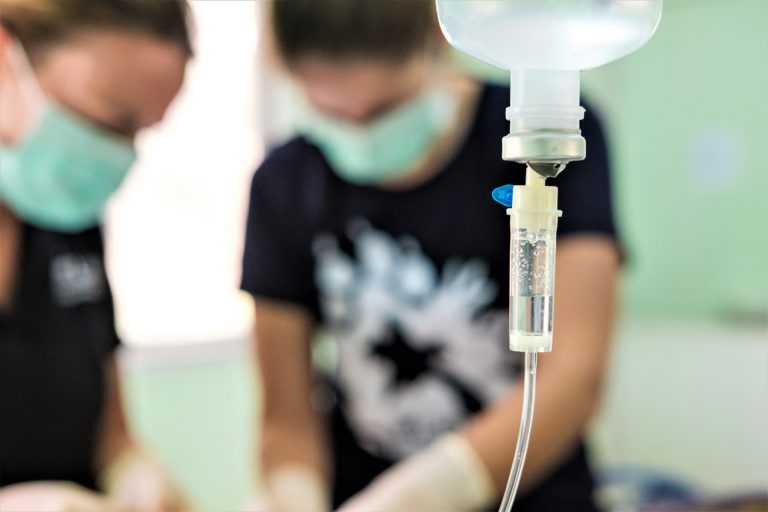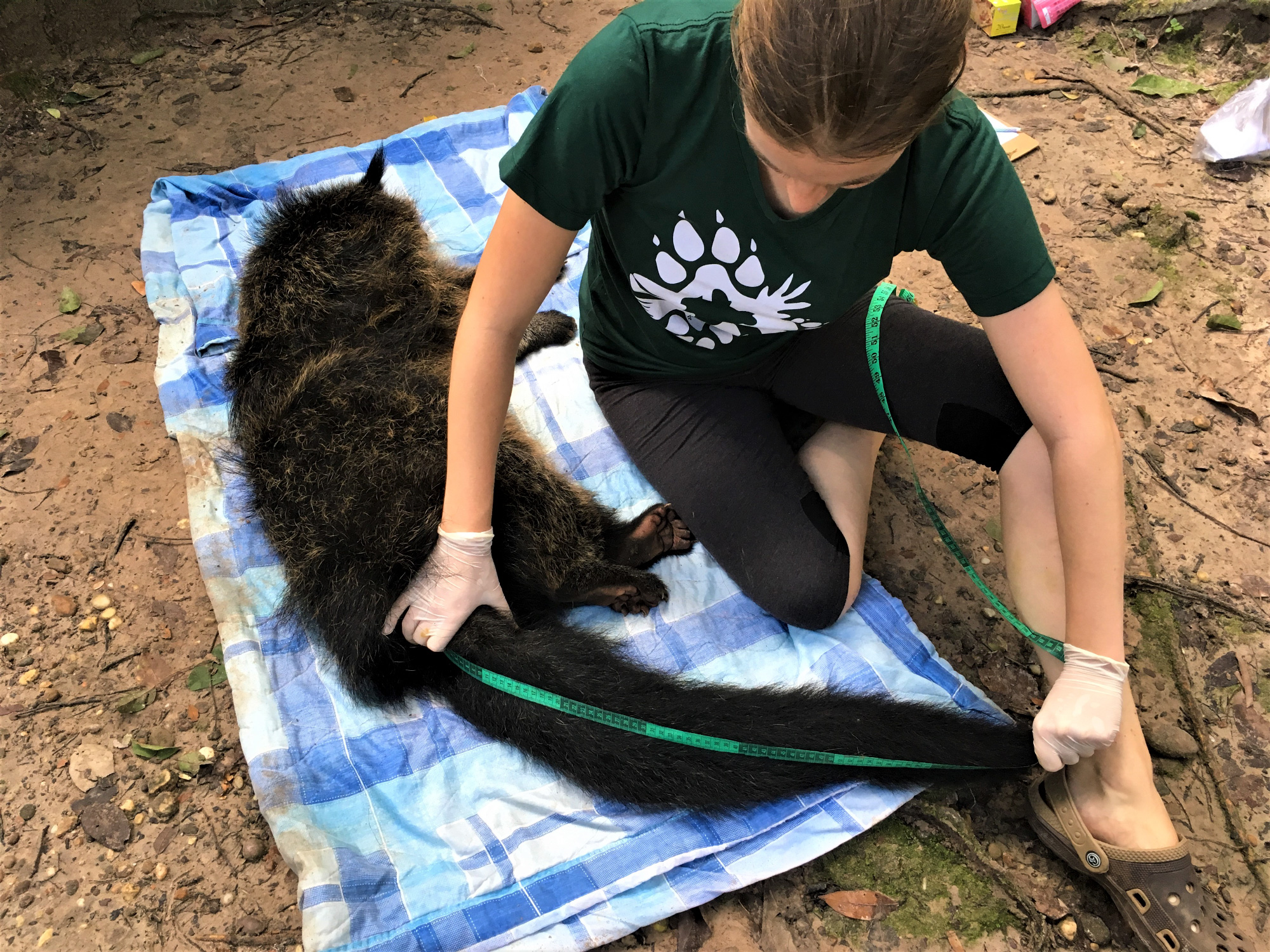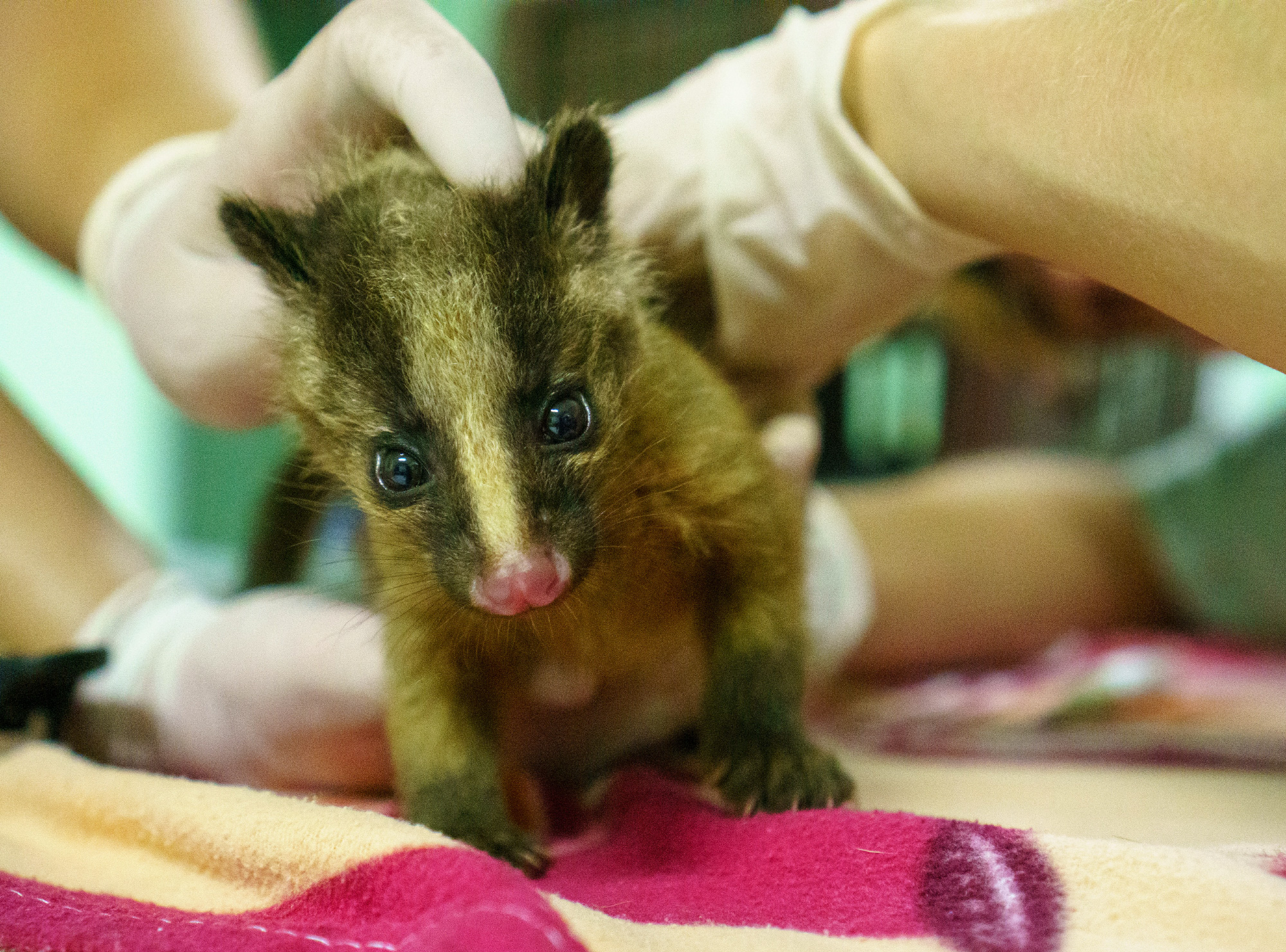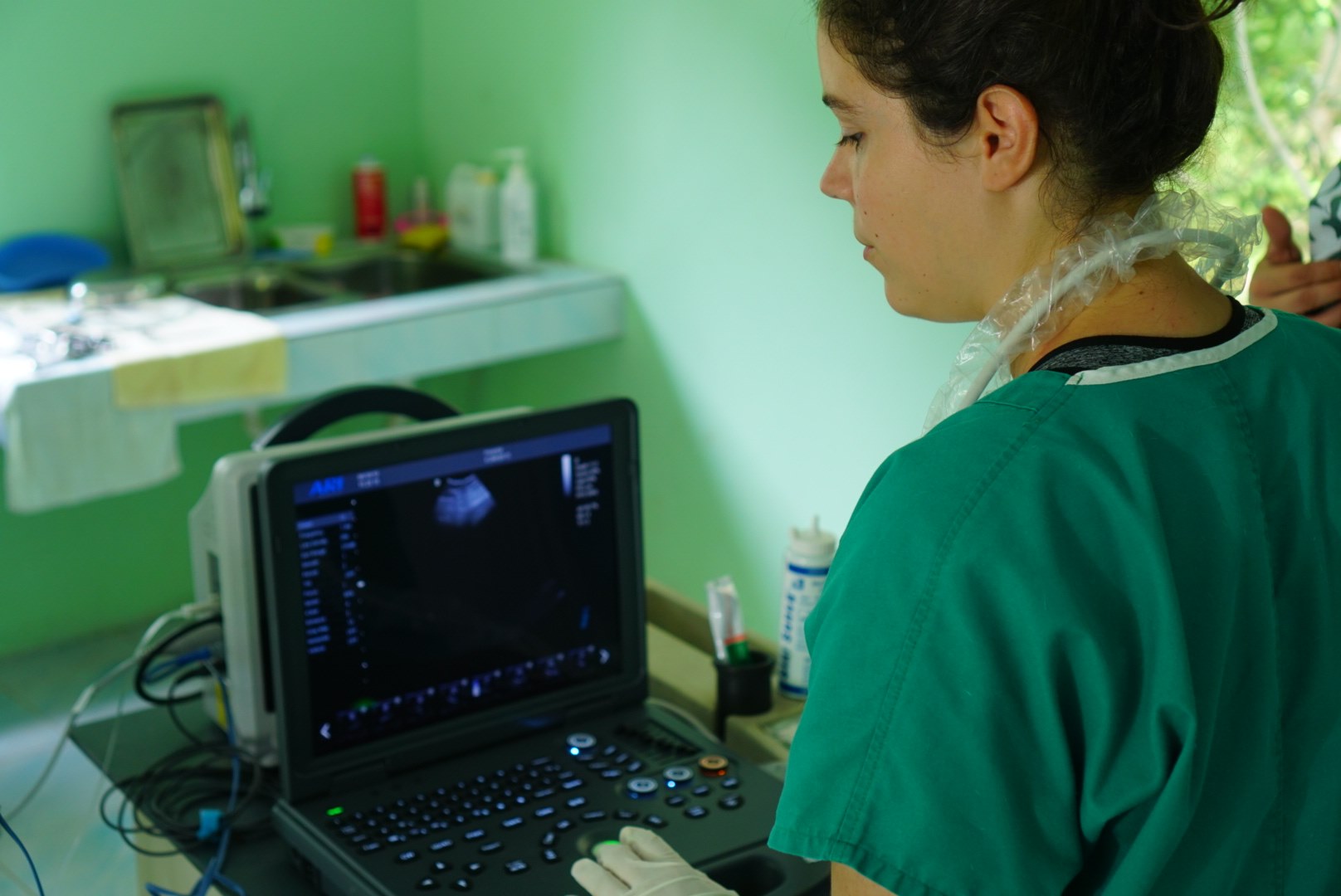Our wildlife hospital is the first port of call for all rescued wildlife. When they first arrive at the center, our full-time veterinary team are ready and waiting to give them a health check and any emergency care that they may need.
Fully equipped to treat a huge range of conditions across any of the hundreds of species that could come through our gates, our wildlife hospital is the result of many years of work to offer the best care possible under often difficult circumstances. Animals are frequently in poor condition when they are rescued, whether they have been fed inappropriate diets, trapped in tiny enclosures or hidden in vehicles to be smuggled across borders. They may need to have limbs amputated or 24/7 feeding and observation to give them even the slightest chance of survival.
All newly arrived animals must be monitored in our quarantine facilities to ensure they are carrying no harmful diseases which could infect other resident animals. Once the quarantine period has passed, our trained team evaluates their mental and physical health to establish whether they are a suitable candidate to be rehabilitated and released back into the wild.
Many rescues have long-term health issues as a result of their captivity which would render them unable to survive in the wild, whereas others may be so used to human contact that they could be vulnerable to recapture or cause danger to local residents where they are released. We offer these animals lifelong care in our wildlife sanctuary, where they are slowly integrated into appropriate social groups in large, specially-designed enclosures that mimic their natural environments, and given the best diets and vet care possible.
For animals that have been deemed suitable for release, we have built enclosures that limit their interaction with humans and keep them wild in instinct. To encourage them to exhibit and practice their natural behaviors, enclosures may have large climbing structures, fields to forage in, open areas to fly in, or pools to swim in. Every enclosure is designed to teach its residents the skills they need to survive for a life back in the wild, and our team of international volunteers also help to design daily enrichment to keep them stimulated.

Sponsor the wildlife hospital
Our wildlife hospital is the first of its kind in Laos, equipped to treat both rescued wildlife and our long-term residents. Medical equipment and procedures are constantly evolving and our hospital needs to be kept up to date in order to offer animals the best possible care. Much of the equipment and consumables we use are unavailable or expensive in Laos so we are always looking for sponsors to help keep us prepared. If you are interested in sponsoring the wildlife hospital, please see our wishlist or get in touch!





